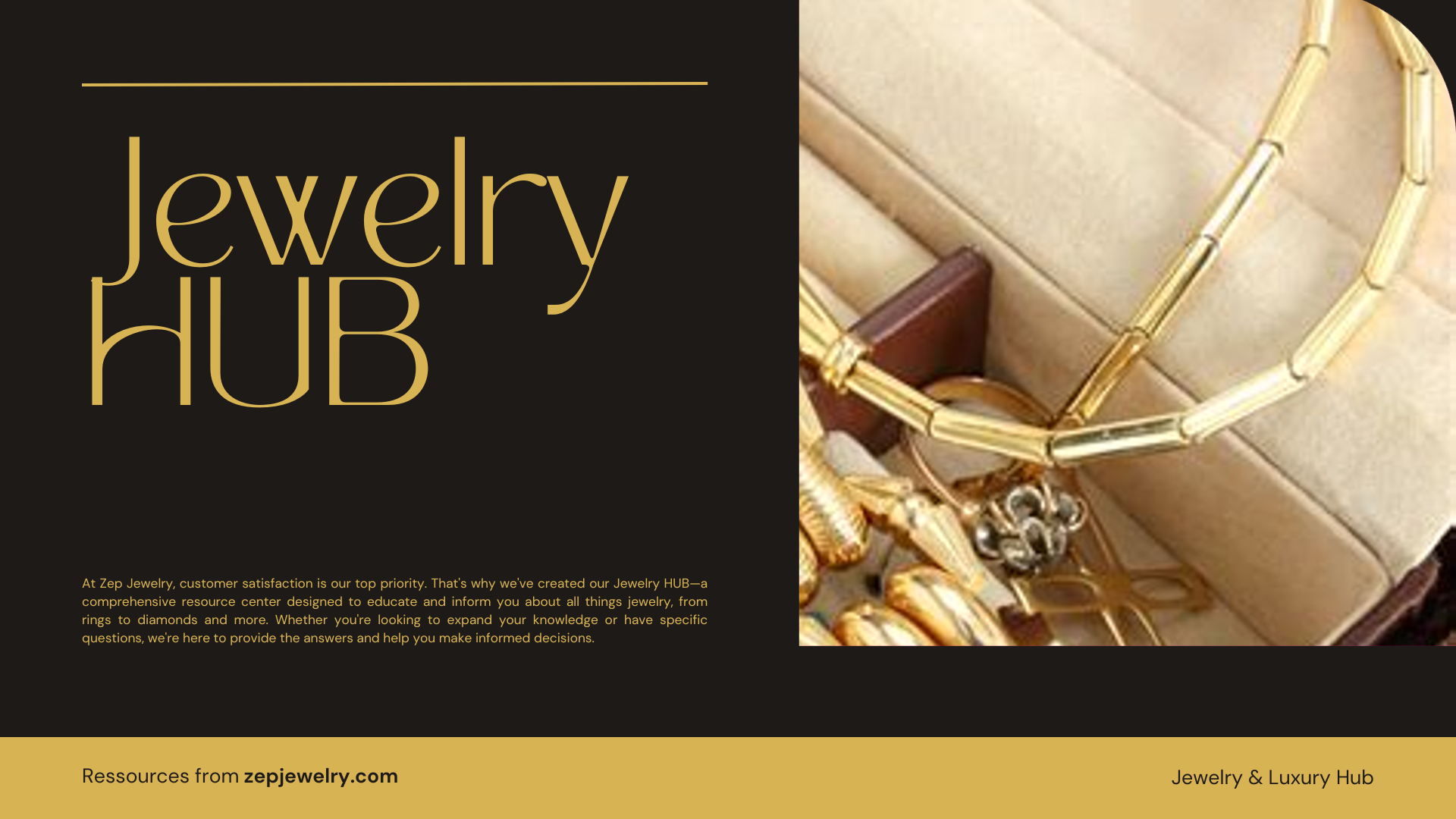Have you ever wondered if there’s a secret calendar for selling jewelry? Much like planting seeds in spring for a bountiful harvest, the timing of your jewelry sale can be crucial for reaping the best rewards. With heartstrings tugging during holidays like Valentine’s Day or Mother’s Day, potential buyers find themselves in the mood to spend—turning your cherished pieces into coveted gifts. Navigating this delicate balance of timing can transform an ordinary sale into a treasure trove of profit, making it essential to align your plans with these peak shopping occasions.
When is the best time of year to sell jewelry?
When is the best time of year to sell jewelry?
Timing your jewelry sale can significantly impact the profit you make, and coinciding your efforts with sentimental holidays can be a game changer. Key occasions like Valentine’s Day, Mother’s Day, and Christmas are peak times for jewelry sales, as people are often in a buying mood, seeking the perfect gift for their loved ones. During these holidays, the emotional resonance of gifting jewelry makes potential buyers more willing to pay top dollar for pieces like earrings, necklaces, and diamond jewelry.
Valentine’s Day (February 14th) stands out as a particularly lucrative moment; many partners are on the lookout for something special to express their love, making it an ideal time to sell meaningful pieces. Mother’s Day also presents a great opportunity, as children often purchase jewelry to show appreciation for their mothers. Similarly, during the Christmas season, there’s generally a heightened interest in thoughtful gifts, making it an excellent period to offload your beautiful items.
Beyond specific holidays, staying attuned to fashion trends and seasonal demand can further enhance your selling strategy. For example, if heart-shaped pendants gain popularity, having them available for sale close to Valentine’s Day might increase their desirability. Conversely, being aware of which styles are fading can help you avoid listing items that may not pique buyers’ interest. In short, aligning your sales with popular gifting periods and current fashion trends can maximize your earnings while ensuring that your jewelry finds the right home. Ultimately, keeping a pulse on holiday shopping habits not only gives you financial savvy but also instills confidence in your pricing and timing decisions.
Should I sell my jewelry to a pawn shop or a jeweler?
The choice between selling your jewelry to a pawn shop or a jeweler is influenced by several key factors, including your preferences for the selling experience and the potential financial outcome you desire.
Jewelry stores typically offer a more favorable selling environment. Their staff consists of knowledgeable experts who can accurately assess the value of your pieces, ensuring you receive a fair price based on current market demands. These professionals possess an in-depth understanding of various materials, styles, and quality measures necessary for determining worth. Plus, selling to a jeweler often allows you a more straightforward, transparent process without the pressure of haggling that can sometimes occur in pawn shops.
On the other hand, if you have a strong, established relationship with a family jeweler, this could work to your advantage. A familial connection often translates to trust, which can provide a more pleasant and personalized selling experience. You might find that your jeweler is more inclined to offer you a better deal out of goodwill and familiarity, which is a significant benefit compared to a standard retail setting. Such personal relationships may also lead to added services, such as appraisals, expert opinions on the resale market, or even assistance in finding buyers for more specialized pieces.
Ultimately, consider the value of your jewelry, how quickly you want to sell it, and the nature of the experience you are after. Whether you choose a pawn shop for a quick sale or a jeweler for expertise and trust, understanding these dynamics can help you make a well-informed decision that aligns with your needs and expectations.
How can fashion trends affect the sale of jewelry?
Fashion trends play a significant role in determining the demand for specific types of jewelry. For instance, certain styles may spike in popularity—think of oversized watches or unique designs—while others might fall out of favor. By closely monitoring these trends, you can choose the optimal moment to sell your jewelry, tailoring your offerings to align with current consumer interests.
What factors influence the resale value of gold jewelry?
The purity of gold plays a critical role in its valuation; higher karatage usually translates to better resale prices. Additionally, timing also matters—gold prices can fluctuate based on economic conditions, and moments of financial uncertainty can spike interest in gold as an investment. It’s advantageous to get an appraisal before selling to ensure you understand your piece’s worth.
Are there better options for selling inherited jewelry?
When it comes to selling inherited jewelry, your relationship with potential buyers can be pivotal. Engaging with trusted family jewelry dealers can often lead to a more seamless transaction. However, exploring various venues—like online resale outlets, consignment shops, or reputable auction houses—can enhance your chances of fetching a good price, especially for valuable pieces like diamonds.
What kind of appraisal should I seek before selling jewelry?
Before selling jewelry, obtaining an appraisal from a certified gemologist or a reputable jeweler is essential. An accurate appraisal provides insights into the value based on current market trends and factors such as quality, rarity, and condition. This knowledge empowers you to negotiate better offers from potential buyers, ensuring you achieve a fair price for your pieces.
How does economic stability affect the sale of silver jewelry?
Silver jewelry, while generally more affordable than gold, also experiences fluctuating demand tied to economic conditions. During financial crises, consumers may invest in silver as a more stable asset. Thus, timing your sale during these periods can maximize your returns, particularly if your pieces boast higher purity levels, which are preferable on the market.
